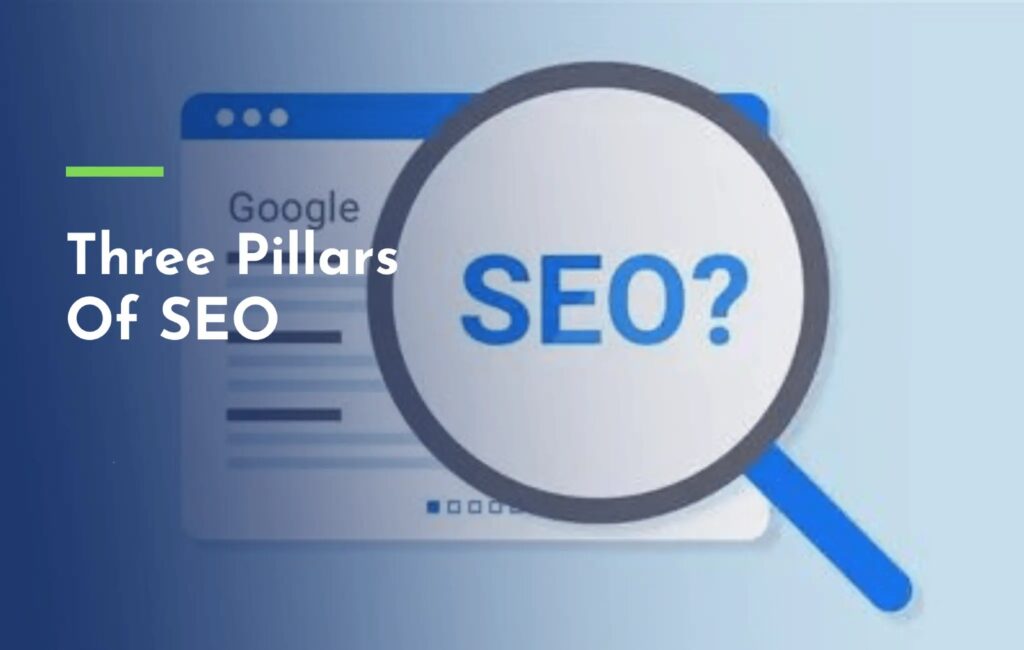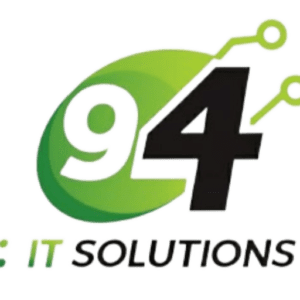
Search Engine Optimization (SEO) is the backbone of any successful online presence. If you’ve ever wondered how certain websites consistently rank at the top of search engine results, the answer lies in effective SEO strategies. In today’s digital landscape, understanding SEO is crucial for businesses and individuals alike.
SEO is optimizing your website to achieve higher rankings in search engine results pages (SERPs). High rankings increase your visibility, drive traffic to your site, and ultimately lead to more conversions. Whether you run a blog, an e-commerce site, or a corporate website, mastering SEO is essential to your online success.
Overview of the 3 Pillars of SEO
SEO can be divided into three fundamental pillars: Technical SEO, On-Page SEO, and Off-Page SEO. Each pillar plays a critical role in ensuring your website is optimized for search engines and provides value to users.
Pillar 1: Technical SEO
Technical SEO refers to the backend optimization of your website. It focuses on improving the infrastructure of your site so that search engines can easily crawl and index your content. Without solid technical SEO, your site may struggle to rank, regardless of how great your content is.
Website Speed and Performance
Website speed is a critical factor in SEO. Slow-loading websites can frustrate users and increase bounce rates. Search engines prioritize fast-loading sites because they provide a better user experience.
Mobile-Friendliness
With the majority of internet users accessing sites via mobile devices, mobile-friendliness is no longer optional—it’s a necessity. A mobile-optimized site ensures that users have a seamless experience, regardless of their device.
Crawlability and Indexability
Crawlability refers to how easily search engines can navigate and index your website. A well-structured site with a clear sitemap makes it easier for search engines to discover and rank your content.
HTTPS and Secure Websites
Security is another important aspect of technical SEO. Websites using HTTPS are considered more trustworthy by search engines. Ensuring your site is secure can improve your rankings and build user trust.
Tools for Enhancing Technical SEO
There are various tools available to help you improve your technical SEO, such as Google Search Console, Screaming Frog, and GTmetrix. These tools can help you identify and fix technical issues, ensuring your site is fully optimized.
Pillar 2: On-Page SEO
On-page SEO focuses on optimizing the content and structure of your web pages. It ensures that each page is relevant, valuable, and easily understandable by search engines.
Content Quality and Relevance
Content is king in the world of SEO. High-quality, relevant content that answers users’ queries is essential for ranking well in search engines. Your content should be informative, engaging, and up-to-date.
Keyword Optimization
Keywords are the terms that users enter into search engines to find information. Properly optimizing your content with relevant keywords is crucial for attracting organic traffic. However, keyword stuffing can harm your rankings, so it’s important to use them naturally.
Meta Tags and Descriptions
Meta tags and descriptions provide search engines with a summary of your page’s content. Well-crafted meta tags can improve click-through rates by enticing users to click on your link in the SERPs.
Internal Linking Structure
Internal links connect different pages on your site, helping users navigate and search engines understand the relationship between your content. A strong internal linking structure can boost your SEO by distributing link equity across your site.
Best Practices for On-Page SEO
To excel in On-Page SEO, focus on creating high-quality content, optimizing your use of keywords, and maintaining a clear and logical page structure. Regularly updating your content and keeping it relevant to your audience is also key.
Pillar 3: Off-Page SEO
Off-Page SEO refers to actions taken outside your website to influence your rankings within search engine results. It primarily involves building a strong online reputation and gaining authority through backlinks and social signals.
Backlink Building
Backlinks are links from other websites to your site. High-quality backlinks from reputable sites signal to search engines that your content is valuable and trustworthy. Backlink building is a crucial part of Off-Page SEO.
Social Signals
Social signals refer to the likes, shares, and comments your content receives on social media platforms. These signals can indirectly influence your rankings by increasing visibility and driving traffic to your site.
Online Reputation Management
Managing your online reputation involves monitoring and influencing how your brand is perceived online. Positive reviews, mentions, and a strong social media presence can enhance your Off-Page SEO efforts.
Strategies to Improve Off-Page SEO
To improve Off-Page SEO, focus on building high-quality backlinks, engaging with your audience on social media, and maintaining a positive online reputation. Collaborating with influencers and guest posting on reputable sites can also boost your Off-Page SEO.
How the 3 Pillars Work Together
While each pillar of SEO is important on its own, they work best when combined. Technical SEO lays the foundation, On-Page SEO builds upon it with quality content, and Off-Page SEO amplifies your reach and authority. Together, these pillars create a comprehensive SEO strategy that can significantly boost your site’s performance.
Common SEO Mistakes to Avoid
Avoiding common SEO mistakes is crucial for maintaining and improving your rankings. These include neglecting technical issues, over-optimizing with keywords, and ignoring the importance of backlinks. A balanced approach to all three pillars is essential for long-term success.
In summary, the three pillars of SEO—Technical SEO, On-Page SEO, and Off-Page SEO—are the foundation of any successful SEO strategy. Each pillar plays a unique role in optimizing your site for search engines and providing value to users.
The Future of SEO
As search engines continue to evolve, so must our SEO strategies. Staying up-to-date with the latest trends and best practices is essential for maintaining and improving your rankings. The future of SEO will likely see a greater emphasis on user experience, AI, and voice search.
FAQs
What is the most important pillar of SEO?
All three pillars of SEO—Technical, On-Page, and Off-Page—are important, and their effectiveness is maximized when they work together. However, if you had to prioritize, Technical SEO is often considered the foundation upon which the other two are built.
How long does it take to see results from SEO efforts?
SEO is a long-term strategy, and it typically takes 3 to 6 months to start seeing significant results. The timeline can vary depending on factors such as competition, industry, and the current state of your site.
Can I focus on just one pillar of SEO?
Focusing on just one pillar of SEO may yield some results, but for optimal performance, it’s important to address all three pillars. Neglecting any one of them can hinder your overall SEO success.
How often should I update my SEO strategy?
SEO is constantly evolving, so it’s important to review and update your strategy regularly. A quarterly review is recommended to ensure that your tactics are aligned with the latest trends and algorithm changes.
Is SEO worth the investment?
Absolutely! SEO is one of the most cost-effective digital marketing strategies. It drives organic traffic, increases visibility, and can lead to higher conversions over time, making it well worth the investment.
